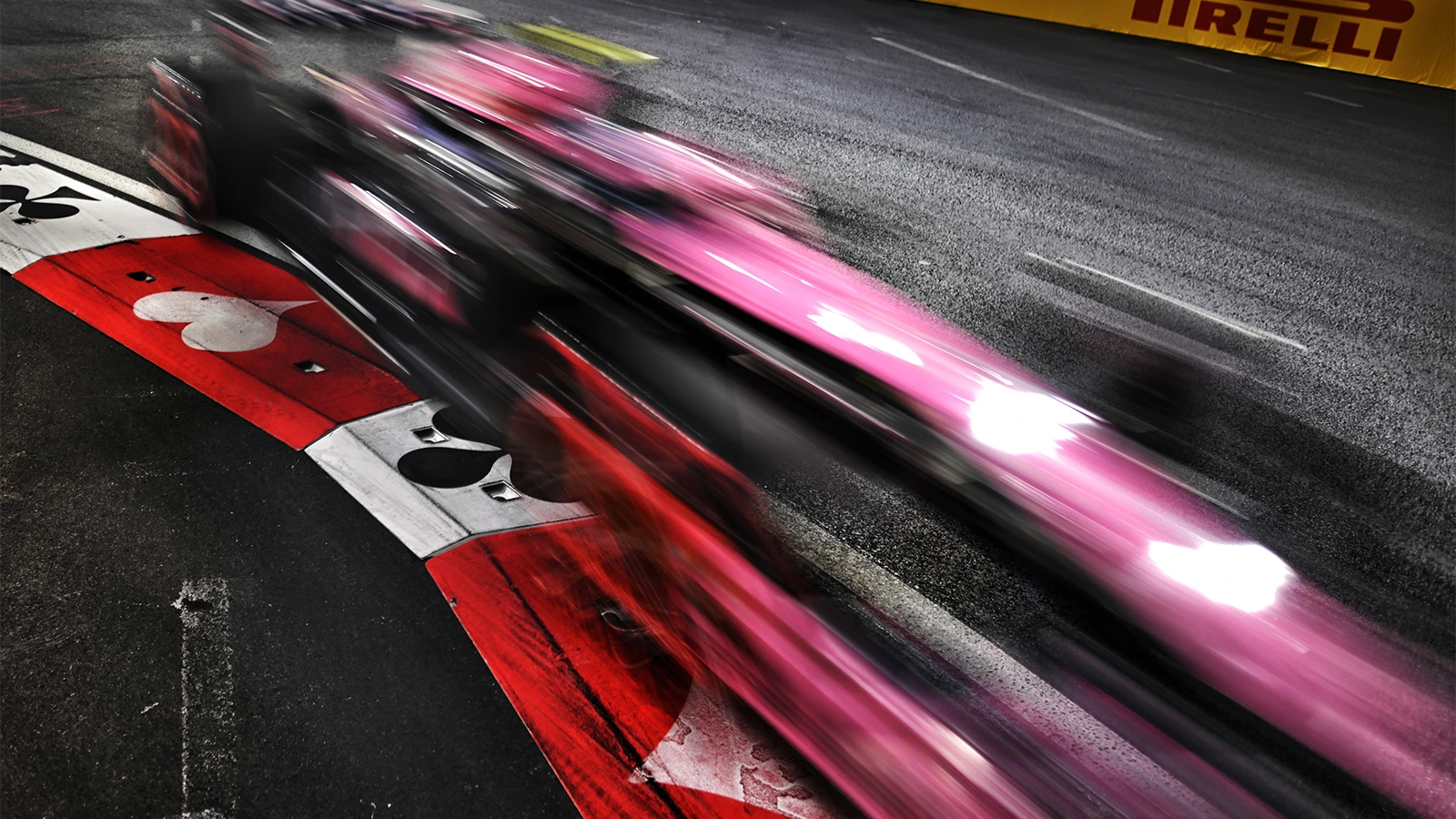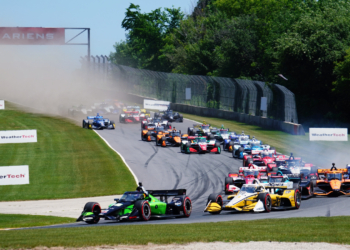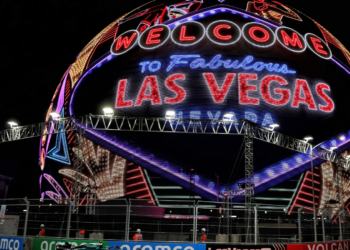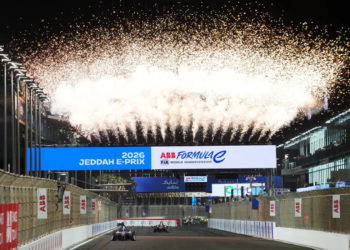This partnership between gambling organisations and global motorsport series has entered a different and intricate stage in 2025.
What was initially a by-product to earn money has now been the key to meeting the demands of the teams, especially in the top-tier series such as Formula 1 and NASCAR. The influx of such financial alliances is, however, occurring at a time when the topic faces an increasingly growing attention, and the regulatory landscape of the entire world is quickly becoming polarised.
The question that is posed to the sponsors, racing teams, and even to the racing series itself is how they can find a balance between such huge financial gains and the growing ethical and regulatory liabilities.
This is a strategic brief that discusses the forces behind the trend, the various strategies used in the larger motorsport series, and provides a glimpse of the future, providing insight into the challenges and opportunities that will arise in the future.
A financial and demographic imperative
Gambling and motorsport industries have established a strategic alliance, which has become a carefully calculated and forceful collaboration generating huge leverage for the two industries.
In the case of online gambling brands, motorsport offers an unmatched platform to expand globally and to capture customers with the huge fan base of more than 700 million individuals of the sport. The wide coverage provides immediate brand reputation and quick entry into controlled markets.
Most importantly, there is a significant demographic overlap: people who are interested in motorsport can be called tech-savvy, competitive, and data-driven, which perfectly resonates with the target audience of online sportsbooks and casinos.

The excitement and analytical aspect of a race like Formula 1 is a clear reflection of the excitement of online betting, and as a result, sponsors’ conversion rates are extraordinarily high in this case. These alliances are a financial lifeline as far as the motorsport aspect is concerned.
Multi-million-dollar sponsorships are important sources of revenue, even though they allow the teams to meet colossal expenses in their operations, invest in critical research and development, and acquire the best talent.
This investment is critical in the financial standing of the whole sport, especially for small teams, as it closes the gap created by the traditional sponsors. Further integration currently goes beyond mere branding, with digital knowledge developing immersive fan experiences, such as in-play betting and interactive social campaigns, whether it is passive viewing or active participation.
The 2025 sponsorship landscape: A series-by-series breakdown
The adoption of gambling sponsorships is not uniform across all major motorsport series in 2025, revealing distinct strategic and ethical approaches.
Formula 1: The global pinnacle
The main focus in terms of gambling sponsorship in motorsport is still Formula 1, as it has the largest prestige on a global level, and its fanbase is growing very fast. Significant alliances have been cemented in the 2025 season.
An example is the Williams F1 team that has signed a multi-year contract with the Super Group, which owns Betway and Jackpot City. There are also other large players such as Stake and PokerStars, with Stake.com having a high-profile title sponsorship with the Sauber Kick F1 team.
This trend is emphasised by the financial information. The total amount of sponsorship revenue of F1 is expected to reach US$2.9 billion in 2025. Although the values of certain gambling deals are not necessarily publicly accessible, the inflow of new revenue is primarily due to the tech and financial services sectors, and in this case, gambling brands are crucial to remain competitive.
NASCAR: The US market focus
In the United States, sports betting sponsorship is fully utilized by NASCAR, as it was permitted by the repeal of PASPA by the Supreme Court in 2018. The legal environment here is a state-by-state patchwork, but major deals are commonplace…
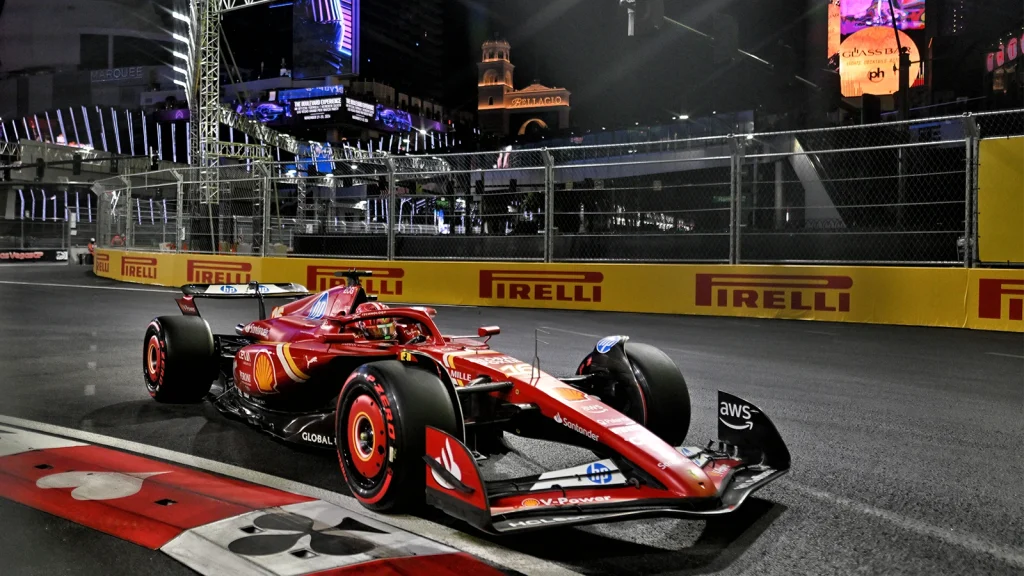
An example of this is DraftKings, which is the sponsor of the Kaulig Racing and driver Ty Dillon, where its branding is displayed on the car and fire suit. Such partnerships can also go further in terms of integration, including in-season challenges and other fan-interaction programs, which take into consideration the special legal framework of each state.
MotoGP: The niche series with global reach
Although it may not be as known in the US as F1 or NASCAR, MotoGP is gaining more sponsors in iGaming. In 2025, Pragmatic Play would be the primary sponsor of Aprilia racing. Bitget, a cryptocurrency exchange, also won a regional partnership agreement of four Grand Prix events in Europe and Southeast Asia.
This is one of the strategic moves to negotiate the disjointed regulatory environment to enable the sponsors to concentrate on jurisdictions whose laws are more liberal than trying to have a global footprint.
Formula E: The divergent path
An outlier in Formula E is a significant and noticeable observation of a comparative analysis of the motorsport sponsorship situation. By checking the list of partners of the series in 2025, one can see that there is not even a single gambling or betting company listed there.
This underlying point of divergence is a calculated decision based on the very essence of the series itself, which is sustainability and the future-oriented, technological vision. Partners of Formula E are such giants in technology as Google Cloud and companies dealing with sustainable energy as Fortescue Zero.
Such image of the clean brand is strategically incompatible with ethical issues of gambling, and makes Formula E a strategic opposite to other series, focusing on the long-term brand integrity rather than short-term monetary benefits.
The looming regulatory and ethical challenge
The financial benefits of gambling sponsorships in motorsport, specifically in Formula 1, are now facing a major crossroad with regulatory and ethical issues growing into real operational issues in many markets around the world.
The fundamental opposition is in the need to balance the global nature of motorsport with the growing fragmentation and limited nature of the gambling regulations on the international level. The greatest manifestations of this have been experienced in Europe, which has become a leading destination for new strict rules.
Online gambling operators have been fully banned in the Netherlands, and in Belgium, there are restrictions on the display of logos. Such disjointed policies compel globally branded teams to negotiate a complicated patchwork of requirements and may require local liveries and introduce a lot of logistical and financial complexity.
The same, albeit different, dilemma occurs in the United States, where a state-by-state approach to sports betting advertising requires an extremely complex, micro-jurisdictional compliance approach.
These legal challenges are not the only obstacles, as a new wave of ethical discussion has risen due to studies that have found a connection between gambling advertising and higher rates of betting and possible damage, particularly in minors and people who are vulnerable.
This has caused a great deal of disapproval among the general population, and most of the individuals feel that these adverts make betting a normalized activity. The resulting pressure has increased the focus on responsible gambling messages.
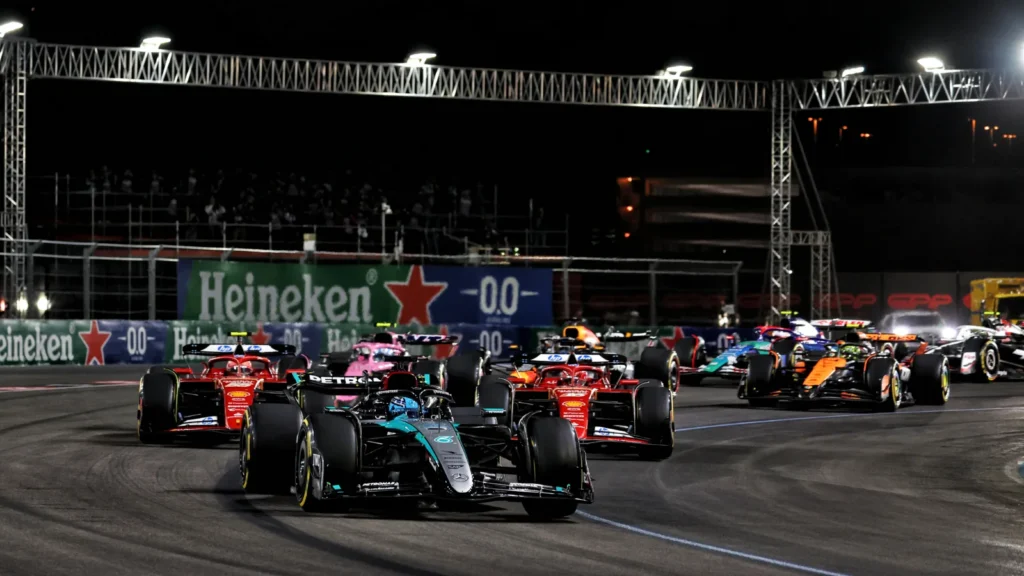
Furthermore, the fact that the partnerships are increasingly becoming visible raises eyebrows among people concerning the essence of the sport. Critics fear that directly relating the high-stakes excitement of racing and the high-stakes excitement of gambling will influence the story and outcomes of the sport, which is only escalated by the fact that younger F1 fans have been exposed to such risks more frequently.
These multi-dimensional problems should be solved in such a way that the sustainability and brand integrity of the motorsport is long-term.
Strategic recommendations for a sustainable future
To ensure the future of motor sport sponsorship, a strategic change is essential on the part of all. The motorsport organizations should take the initiative in subjecting legal harmonization in the form of creating a universal standard of gambling partnership, which is focused on responsible messaging.
At the same time, one needs to diversify the sources of income by aggressively pursuing the high-growth areas like technology, green energy, and consumer goods to avoid becoming financially reliant on one sector.
This will protect the sport against the changing policies in the future and maintain brand integrity. To the gambling sponsors, the way forward is to find a way of adopting regulatory compliance as a competitive edge rather than a liability.
They will be able to generate priceless consumer trust by exceeding the minimum requirements and indicating responsibility and initiative. They should not only be centred on basic branding, but rather design value-added, data-based fan interaction to facilitate harm prevention.
This involves the use of regional market-oriented campaigns because a blanket strategy of global campaigns cannot work anymore. This proactive and cooperative style will guarantee the sustainability of these strong alliances in the long run.
